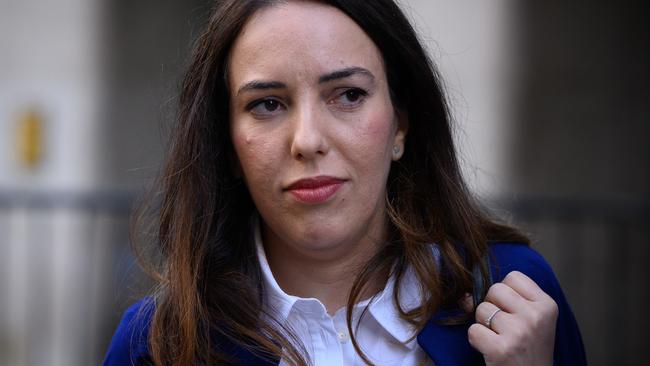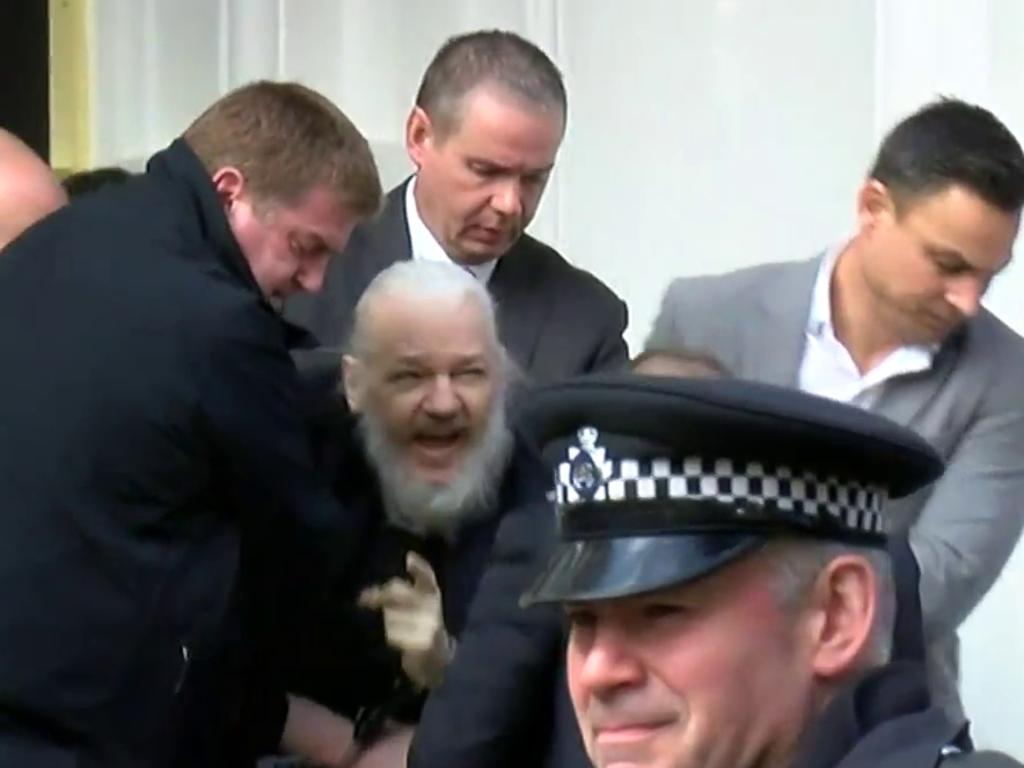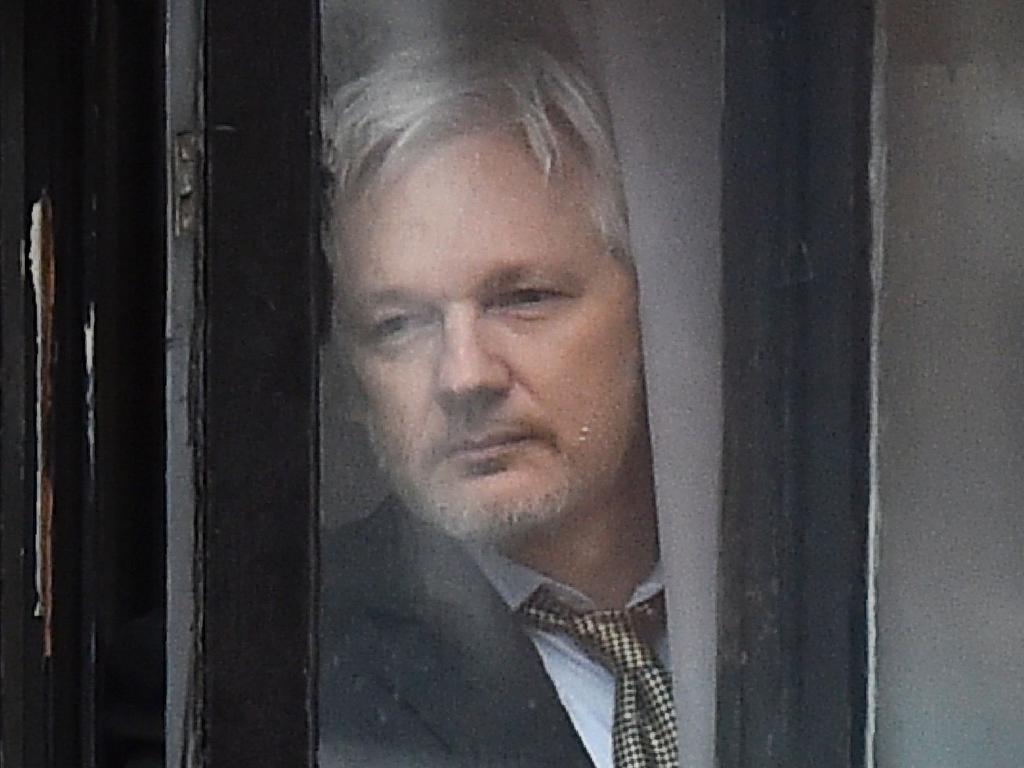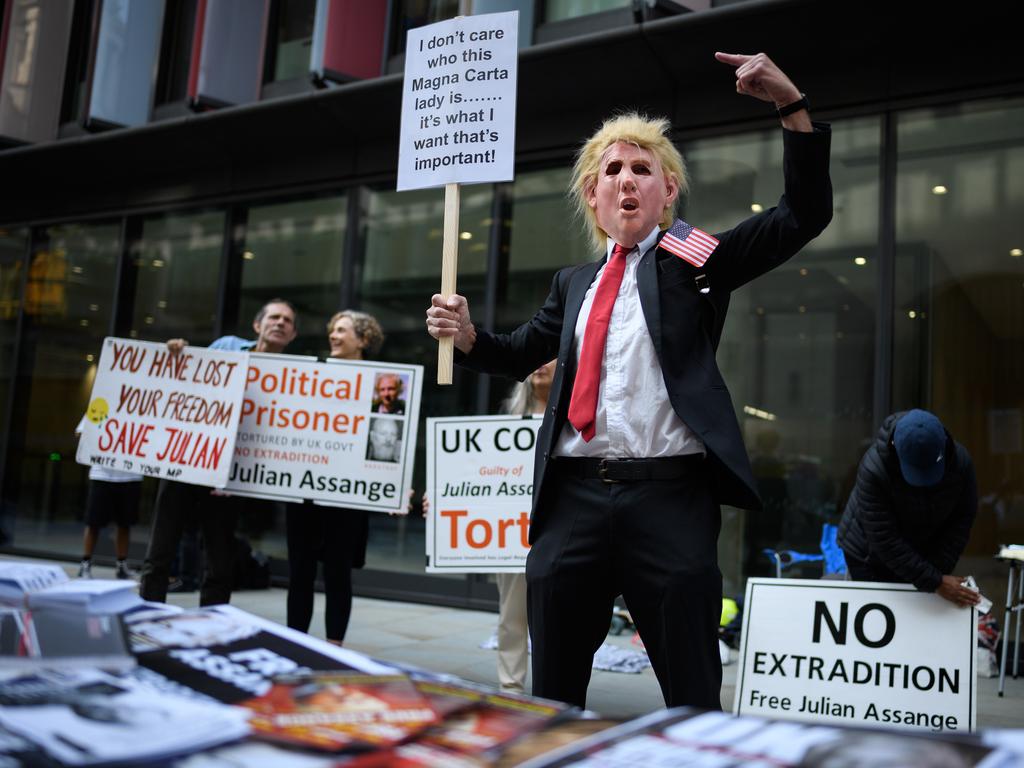Julian Assange ‘not obliged to protect all’
Julian Assange told the Frontline Club in London that WikiLeaks was not obligated to protect sources, the Old Bailey has heard.

Julian Assange “was in his comfort zone’’ when he told the Frontline Club in London that WikiLeaks was not obligated to protect sources from military and spy organisations, the Old Bailey has heard.
Neuropsychiatrist Quinton Deeley said a video clip of Assange taking long and complicated questions about the Afghan War logs at the club was “a highly rehearsed social role of him talking about a topic he has expertise in, within a highly structured format’’.
In the clip, filmed in August 2010, Assange explained he differentiated between whether the sources were providing information to him, or whether they were military or spy sources. He said there were regrettable possibilities of sources being harmed.
In the clip played in court on Wednesday Assange said: “We aren’t obligated to protect other people’s sources, military sources or spy organisation sources, except for unjust retribution’’ and explained that there were various cases where people sold information or framed others or engaged in genuinely unfavourable behaviour. He added, “actually that is something for the world to know about that behaviour’’.
Dr Deeley said that, if extradited, Assange would most likely become very severely depressed and he agreed there was a high risk of suicide. He said Assange was a prominent public figure who believed he was being punished as an example and this compounded a sense of unbearability.
“It’s (extradition) an outcome which he fears, which he dreads, he contemplates with a sense of horror, and he ruminates about his particular circumstances at length and I think that’s influenced by his autistic cognitive style. There is a tendency to ruminate and become preoccupied with matters. He consistently maintains he will find it an unbearable ordeal and his inability to bear that in the context of worsening depression would confer a high risk of suicide,’’ he said.
The court heard Dr Deeley had diagnosed Assange as having Asperger’s based on two clinical traits: broadly defined as failing to sustain social conversations and an encompassing preoccupation with interests which are abnormal in intensity.
In cross-examination, Dr Deeley agreed that Assange could appear in his own televised chat show and answer questions in a press conference but still fail to sustain conversations.
Assange is contesting his extradition to the US, where he faces 18 spying charges which could bring a sentence of up to 175 years if convicted. The trial continues.








To join the conversation, please log in. Don't have an account? Register
Join the conversation, you are commenting as Logout